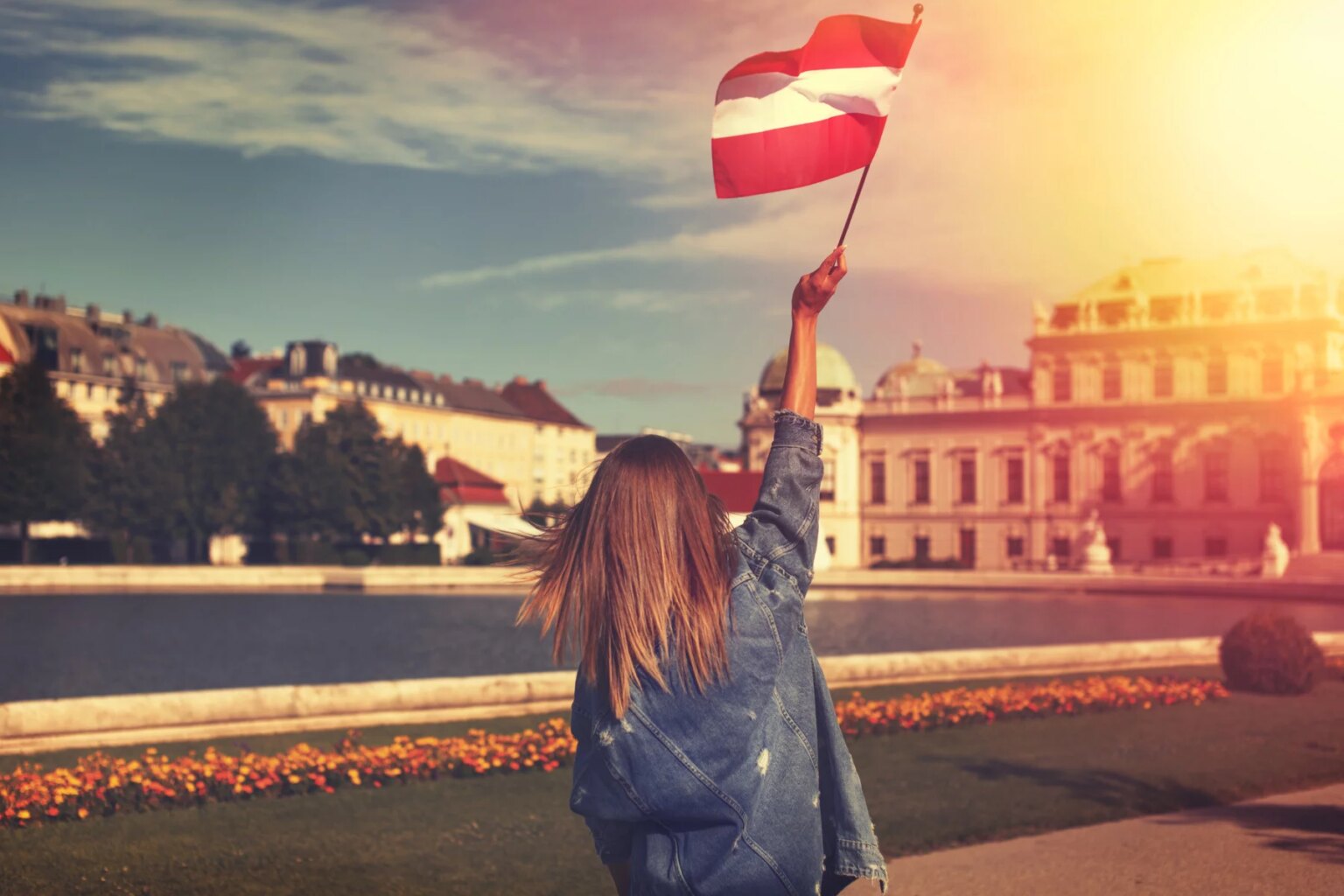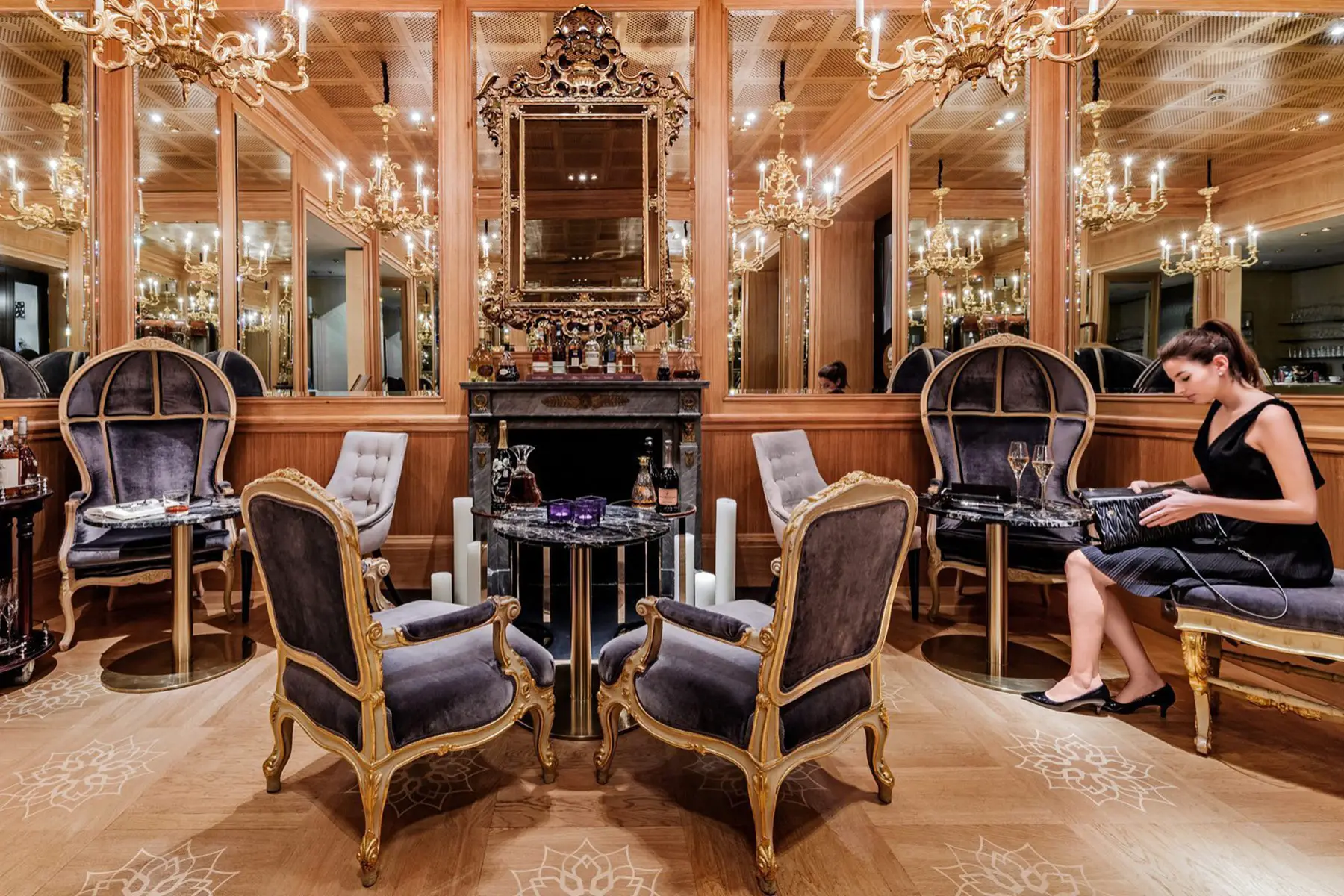It is commonly known that Austrian people are typically conservative and value tradition, as well as family, fairness, the environment, and a good work-life balance. As with any country, there is much to learn about the people and culture before moving there and starting a new chapter.
Whether you are moving alone or with family, it’s wise to read up on Austrian etiquette and culture as well as what to expect in the business world. Then, of course, depending on who you are, you might want to know more specific information about topics such as human and civil rights, LGBT+ rights, and women’s rights in Austria.
To help you get more acquainted with the country, however, this guide to Austrian people and the nation’s population includes the following information:
Sirelo
It's no secret that moving abroad can be stressful. Sirelo's team of removal advisers is here to help. They provide five free quotes from international shipping companies so you can find the best options at the best prices. Take the stress out of your relocation to Austria with Sirelo.
The Austrian people in numbers and facts
Today, the population of Austria stands at around 8.95 million people. According to government figures, Roman Catholics make up 57% of the population, while predominantly Sunni Muslims make up 8%, and about 25% are unaffiliated with any religion. Despite its turbulent past, the Jewish population in Austria has risen steadily but still remains small at around 10,000 people.
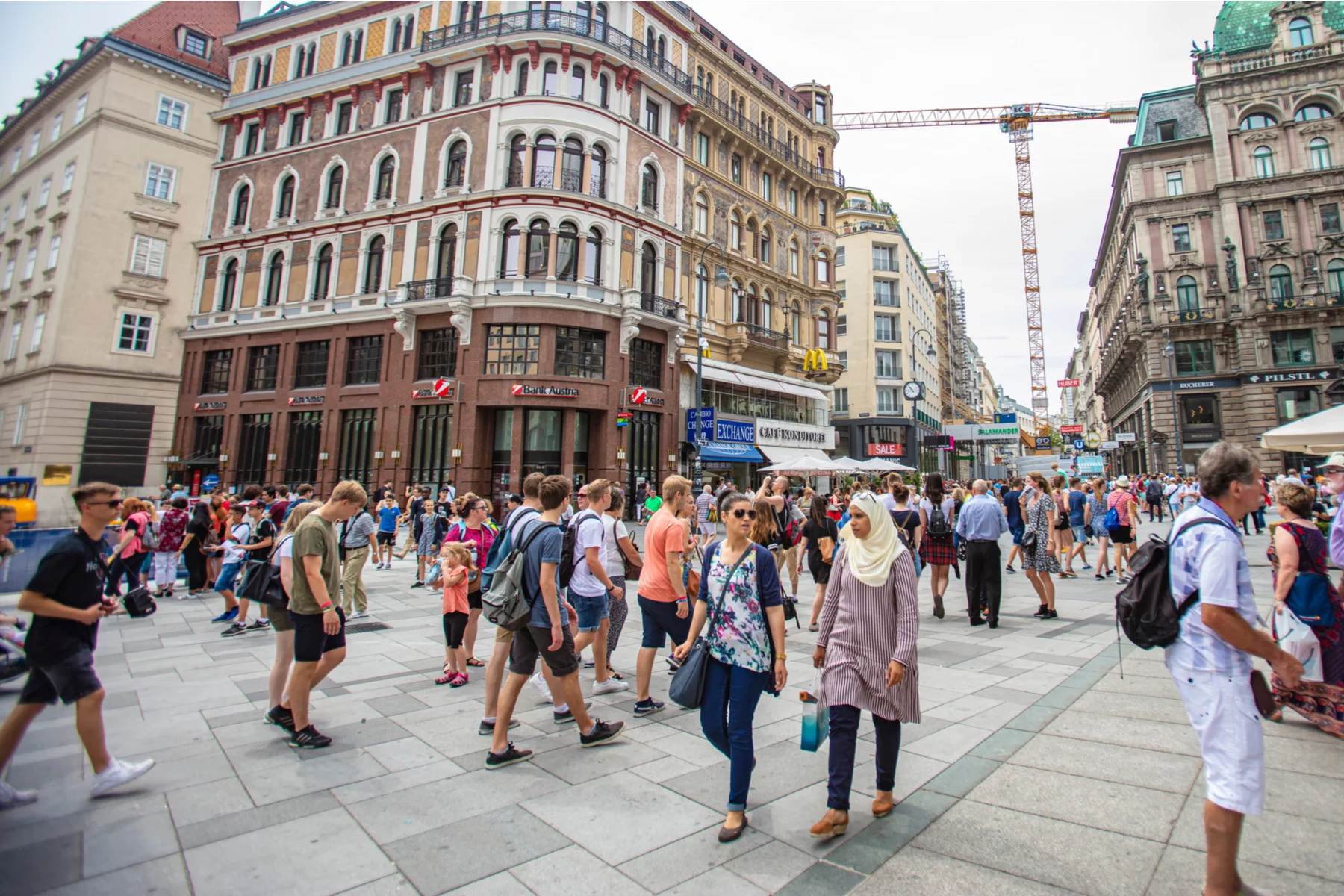
Importantly, the Austrian Federal Constitution demands respect and promotion of ethnic groups living in Austria. As a result, the Volksgruppengesetz of 1976 includes special rights for Croatian, Slovenian, Hungarian, Czech, and Slovak ethnic groups, as well as for Roma.
In terms of language, German is the official language and mother tongue of Austria. Around 98% of the country’s population speaks it. Bavarian, a dialect of German, is also spoken by nearly seven million people in the country. Serbian is the largest minority language spoken in Austria, at 2.4%, followed by Turkish at 2.3%. Other languages, such as Croatian, Hungarian, and Slovenian, are also spoken by minority groups in Austria. And fortunately for English-speaking expats, English is taught as the first foreign language at most schools; resulting in a generally high level of English proficiency nationwide.
Common personality traits and stereotypes of Austrian people
Contrary to popular belief, not all Austrian people waltz around wearing Lederhosen and listen to classical music. That said, the classical music scene in the country, in particular Vienna, is unparalleled. Nevertheless, there is far more to Austrian people than orchestras and opera.
To begin with, Austrians are generally known to love good food. And with influences from Italian, Hungarian, and Bohemian cooking styles, Austrian cuisine is diverse, to say the least. Interestingly, there are also many regional variations and dishes that are much lighter than you may have been led to believe.

Another key thing to know is that Austrian people revere punctuality and fairness. In fact, everything you read about etiquette in Austria will remind you to be five minutes early to any meeting or social occasion. The Austrian sense of humor is also something to be aware of as it is fairly complex. In Austria, Schmäh is a colloquial expression that describes a sort of good-natured yet edgy rhetoric that forms the base of the country’s humor. Each area has a different type of Schmäh that can be classified as snide wit coated with irony and harmless ribbing. Originally, the roots of this type of banter hail from servants mocking their aristocratic employers.
Interestingly, newcomers to Austria often mistake this type of ribbing as offensive, but typically it is all meant to be in good fun. Therefore, try and put on your thickest skin and use your own sharp tongue to engage with the unique jesting of the Austrian people.
The culture and values of the Austrian people
Culture and social etiquette in Austria
If you are at all familiar with Germany, then you will be able to adapt fairly easily to the nuances of Austrian etiquette. For instance, like Germans, Austrians tend to be polite, formal, and reserved to some degree. As a result, you can expect a certain level of formality in social situations.

Generally, you will shake someone’s hand when you first meet them, and certainly in business settings. You should also greet people with their professional titles, for instance, ‘Doktor’ or ‘Herr’ (Mr). In general, first names are only used with friends, family, and people you know well.
Austria is largely an egalitarian society that places a great emphasis on equality and communication. Indeed, fairness runs deep through the country’s psyche and the government system supports equality in gender, class, and other divisions; often even more so than its European counterparts.
National dress, style, and fashion in Austria
In Austria, dressing well is a national past-time and generally speaking, Austrian people take their presentation quite seriously. As a result, they will still look neat and tidy, even when dressed casually. In general, conservative dress is the way to go in Austria and flashy outfits are more uncommon.
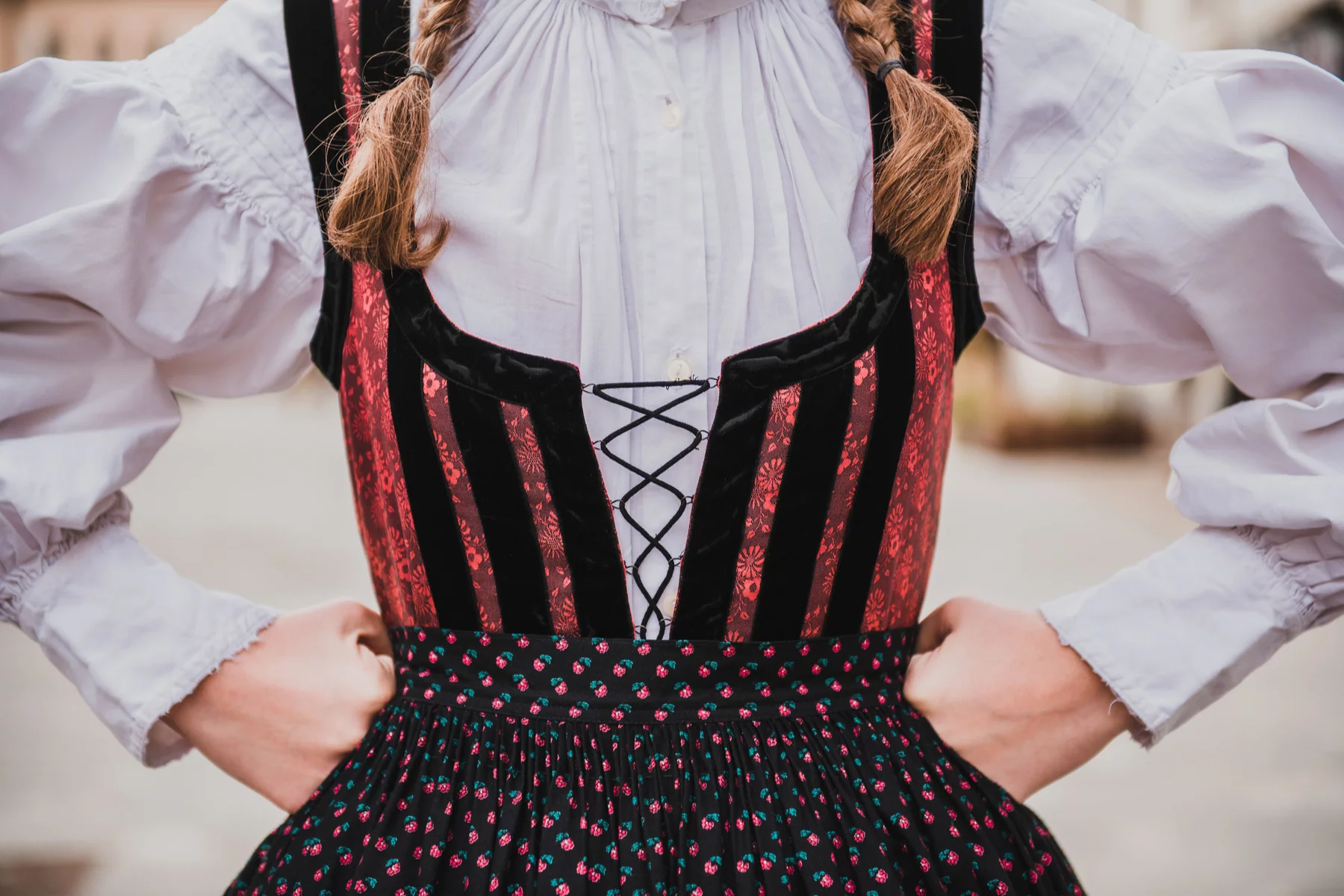
To this day, there is a formal dress policy for going to the theatre or a concert in Austria. People also tend to get dressed up to go shopping and socializing in public. Most restaurants, meanwhile, have a semiformal dress code. To sum up, looking tidy and taking pride in your appearance is important to Austrian people.
In terms of Austria’s national dress – or Tracht – men wear Lederhosen, (leather trousers with braces) while women wear the Dirndl; a ruffled apron dress, blouse, and bodice. Many shop assistants and restaurant staff wear these traditional outfits as their uniforms and therefore, they are commonly seen around Austria. After all, the Tracht is a proud symbol of national identity throughout the country.
Notably, there has been a recent extension to the ban on Muslim headscarves in Austria. Originally, the ban affected kindergarten and elementary students. However, the proposed amendment now includes girls under the age of 14 who attend state schools.
Austrian values
On the whole, family is paramount in Austria. Therefore, eating family meals together and spending weekends partaking in family activities such as hiking or visiting relatives is the norm. Austrians are also deep environmentalists who work hard to keep their natural surroundings pristine.

Typically, Austrian people enjoy artistic talents such as music and craftsmanship and value deep and meaningful conversation rather than shallow small talk. They tend to be conservative in nature and prefer to keep their behavior moderate. That said, being friendly and neighborly is an important value in Austria.
Attitudes towards newcomers
Historically, Austria has an excellent reputation for welcoming newcomers; both those who choose to relocate to the country, and those who have fled there for safety. In fact, taking in refugees of various religions has never become a factor. For instance, Muslim refugees from the former Yugoslavia were made welcome alongside Orthodox Serbs and Croatian Catholics. By the end of 2015, however, nearly 100,000 people had applied for asylum. As a result, Austria was forced to close its borders to asylum seekers in 2016.
Unfortunately, recent migrant crime occurrences have contributed towards shifting attitudes throughout the nation. In 2018, for instance, there were 1,920 racist incidents in Austria; a sharp rise from 162 in 2017.
Consequently, Austria’s new government coalition has strong stances on immigration. For example, the conservative leader wants to implement increased checks on asylum seekers. Additionally, he wants to lower the threshold of circumstances for deportation. His message includes wanting to fight the spread of ‘political Islam’ in Austria.
What Austrian people like to do
As mentioned, family is very important in Austria. Therefore, eating family meals together and spending time with loved ones is a national past-time. Socializing with friends at bars and restaurants is also commonplace. Coffee houses also have a long history in the nation and as such, the coffee-house scene is an integral part of Austria’s beating heart.
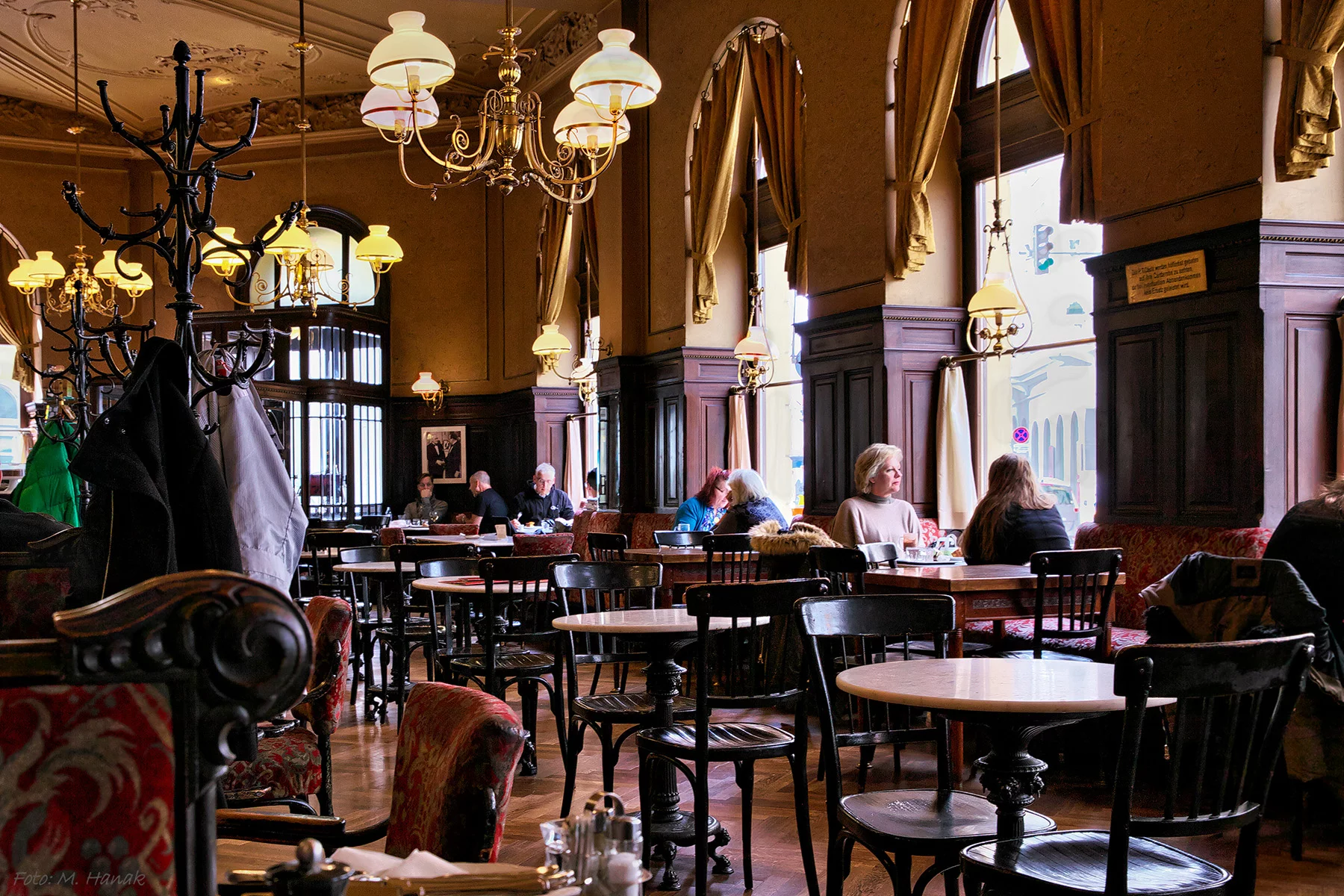
Similar to the rest of Europe, Austria’s legal drinking age is 16, and you’ll find plenty of family-run taverns and beer gardens with outdoor seating as well. Theater performances, movies, annual events, and festivals are everywhere in Austria and form a large part of the cultural fabric, too.
Austria is famously a place of radiant natural beauty. Accordingly, hiking and outdoor sports are very popular. With short drives to the mountains, skiing is also incredibly easy and many Austrian residents partake in sliding down the slopes. Cross-country skiing and ski jumping are also commonplace activities. Visiting lakes for a dip is another lovely way to spend a day out and Austrian people regularly do this on weekends and public holidays.
Football is a much-loved sport with students and many follow the European football leagues. Therefore, you will find an array of sports bars across the country where you can watch the sport communally. It is also common to be a member of a volunteer association such as sports, music, a voluntary fire brigade, or the Red Cross. This is a popular way to meet people within the community and contribute to the nation while you’re there.
Where Austrian people work
Austria is a highly developed industrialized country, and along with food and luxury commodities, mechanical engineering, steel construction, chemicals, and vehicle manufacturing are major industries. Organic farming is also very strong in Austria and the country is considered to be Europe’s organic farming country no. 1. Today, more than 10% of the Austrian supermarket turnover comes from fresh organic products.

According to statistics, a total of 4,319,100 people were in employment across 2018, of which 2,295,600 were male and 2,023,500 were female; showing a fairly even split between the sexes. Furthermore, the employment rate for persons aged between 15 and 64 was 73% on average, and part-time employment (i.e., under 36 hours per week) was 28%. Remarkably, of these part-timers, 47.5% were women and 11.2% were men.
The labor market in Austria
In 2018, the number of unemployed people in Austria was 355,637, or 8.7%. The youth unemployment rate of those between 15 and 24 was 6.7% and 8.7% for the elderly (over 50). It is found that non-Austrian citizens were worse affected with 11.3% unemployment.
By law, the working week in Austria is a maximum of 48 hours. However, there are legal bargaining agreements that allow for working longer during overtime and holidays, and so on. On average, the working week is 40 hours nationwide. There are also extensive labor laws regulating wages, severance, and sick pay. Mandatory insurance also covers the health and safety of residents.
In Austria, a person may in principle get a job from the age of 15 for positions such as apprenticeships during school holidays. In trade particularly, part-time working is widespread. Furthermore, seasonal work in hotels and catering is common in big cities and popular tourist destinations. Agriculture and forestry are also major markets. Interestingly, freelance contracts and gig economy workers are fast replacing conventional employment contracts in every field of employment in Austria.
To learn more about Austria’s working life, see our guides on Austrian etiquette and culture and business culture. You might also want to read up on the country’s social security system.
Where people in Austria live
Of course, depending on personal preference, there are countless beautiful locations to call home in Austria. The baroque architecture of Austrian cities makes for particularly attractive living spaces. The country’s capital, Vienna, is the largest city and a cultural and political center. Nearly a third of the total population of Austria (1.8 million people) currently live there.
Other cities of importance include Graz, the next biggest, which houses 273,838 people within its city limits. Linz, meanwhile, is home to 198,181 residents. Both Innsbruck and Salzburg are popular destinations for both expats and tourists. The latter is the birthplace of Mozart and the famous setting for The Sound of Music. The city currently houses 148,420 people, while Innsbruck has 126,851 residents and is a winter sports haven.
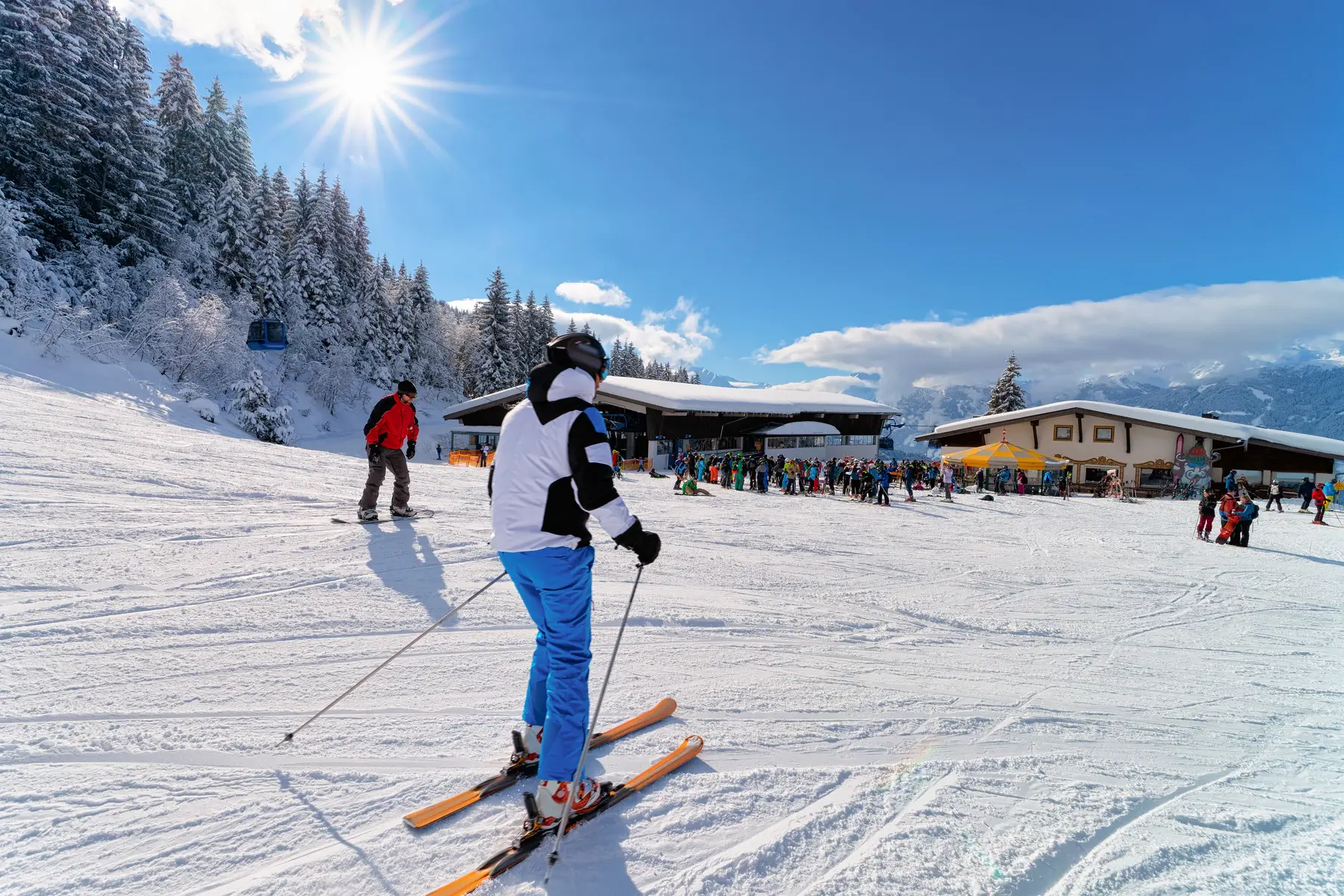
You will find that there is a greater percentage of rental apartments in Austria’s cities while houses and cottages are more common in suburban areas and the countryside. With a very efficient and straightforward rental system, there are options of Hauptmiete (primary leasehold) and Untermiete (sublet). Basically, the main differences are the amount of rent and the protection against being given notice to vacate the apartment.
Interestingly, approximately 60% of people in Vienna live in a Gemeindebau (public housing) that is provided and managed entirely by the city. This includes both rich and poor as public housing includes many great facilities that are incredibly safe and offer a high quality of life.
For further information, read our guides on renting in Austria, where to live in Vienna, and buying real estate in Austria.
Famous Austrian people
Austria has a rich and colorful history that has given rise to some world-renowned names. Here are just some of the famous sons and daughters of the alpine nation.
- Marie Antoinette – The beautiful and enigmatic Queen of France was born in Vienna. Before inciting the French Revolution for her lack of concern for the welfare of the French public, she was first adored during her initial reign from 1774–1792.
- Mozart – The Viennese-born Wolfgang Amadeus Mozart came to life in 1756. Although he only lived for 35 years, during his time he wrote nearly 600 pieces of music, every one a masterpiece.
- Beethoven – Not only did Austria give us Mozart, but the nation also birthed Ludwig van Beethoven in 1770. Hailed as the Shakespeare of music, Beethoven is one of the greatest composers of all time.
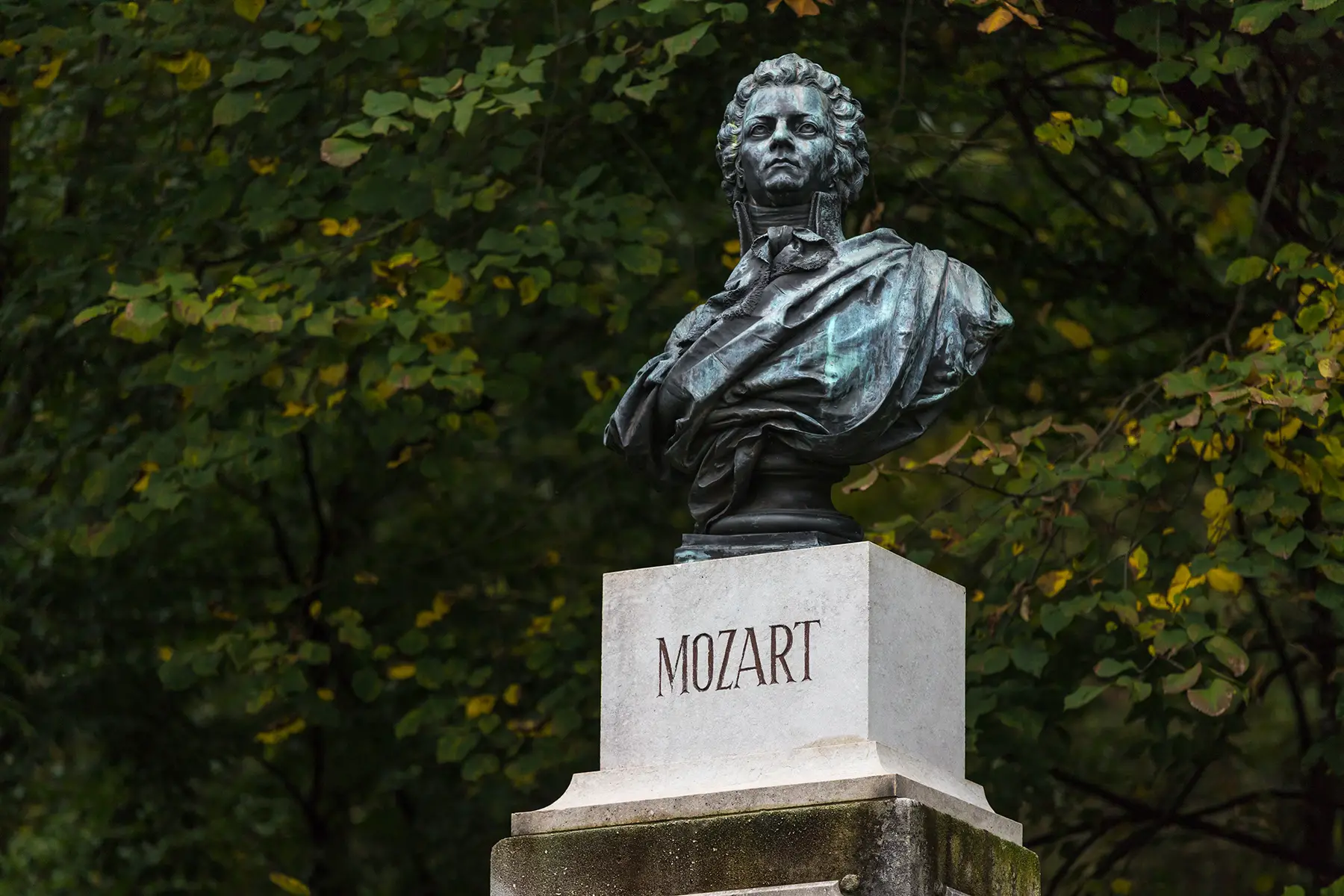
- Sigmund Freud – The neurologist and founder of psychoanalysis came into the world in 1856 in Austria. His magnum opus The Interpretation of Dreams revolutionized the study of dreams and the subconscious mind.
- Arnold Schwarzenegger – For a more recent edition, we have the former Governor of California and star of Terminator, Arnie. The most famous Austrian of recent times was born in 1947 in Thal. He was Mr. Universe before he became Conan the Barbarian and then the iconic cyborg assassin with a killer punchline – “I’ll be back!”
Useful resources
- migration.gv.at – a government website that provides information about living and working in Austria
- Austria.org – the Austrian Embassy in Washington has a plethora of useful information for those considering moving to Austria
